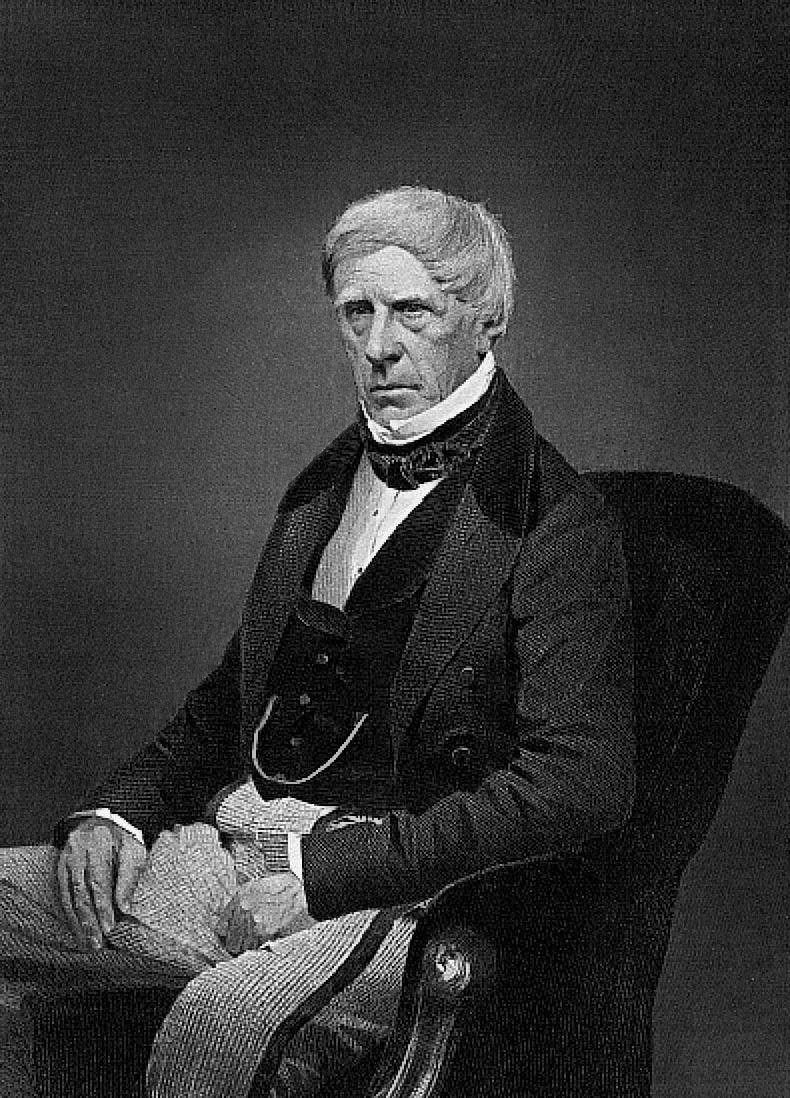Speech to the House of Commons (January 29, 1828).
Брум, Генри: Цитаты на английском языке
Present State of the Law (February 7, 1828).
Вариант: In my mind, he was guilty of no error, he was chargeable with no exaggeration, he was betrayed by his fancy into no metaphor, who once said, that all we see about us, Kings, Lords, and Commons, the whole machinery of the State, all the apparatus of the system, and its varied workings, end in simply bringing twelve good men into a box.
The British Constitution (1844), 322, 323; reported in James William Norton-Kyshe, The Dictionary of Legal Quotations (1904), p. 2-8.
Speech, Opening of Parliament (January 29, 1828), reported in James William Norton-Kyshe, The Dictionary of Legal Quotations (1904), p. 221.
“Do you think that a reporter has a right to supply or suppress any part of a judgment?”
Cadell v. Palmer (1833), 1 Cl. & F. 372.
Joseph William Chitty, J., In re Dawson; Johnston v. Hill (1888), L. R. 39 C. D. 152.
About
Reported in Josiah Hotchkiss Gilbert, Dictionary of Burning Words of Brilliant Writers (1895), p. 274.
Reported in Josiah Hotchkiss Gilbert, Dictionary of Burning Words of Brilliant Writers (1895), p. 261.
“Equity has not relieved against gross improvidence.”
Duke of Beaufort v. Neeld (1845), 12 CI. & F. 260.
Brownlow v. Egerton (1854), 23 L. J. Rep. Part 5 (N. S.), Ch. 390; 8 St. Tr. (N. S.) 258.
Quote reported in Josiah Hotchkiss Gilbert, Dictionary of Burning Words of Brilliant Writers (1895) p. 366.
“A contract executed without any part performance.”
R. v. Millis (1844), 16 C1. & Fin. 719; describing marriage.
“Death was now armed with a new terror.”
Reported in Bartlett's Familiar Quotations, 10th ed. (1919). Brougham delivered a very warm panegyric upon the ex-Chancellor, and expressed a hope that he would make a good end, although to an expiring Chancellor death was now armed with a new terror. Thomas Campbell, Lives of the Chancellors, vol. vii. p. 163. Lord St. Leonards attributes this phrase to Sir Charles Wetherell, who used it on the occasion referred to by Lord Campbell. It likely originates with the practice of Edmund Curll, who issued miserable catch-penny lives of every eminent person immediately after that person's decease. John Arbuthnot wittily styled him "one of the new terrors of death", Carruthers, Life of Pope (second edition), p. 149.
“What is valuable is not new, and what is new is not valuable.”
From The Edinburgh Review, The Work of Thomas Young (c. 1802).
